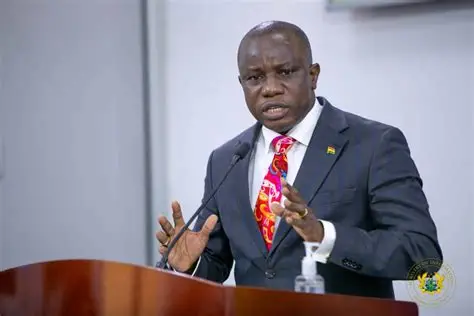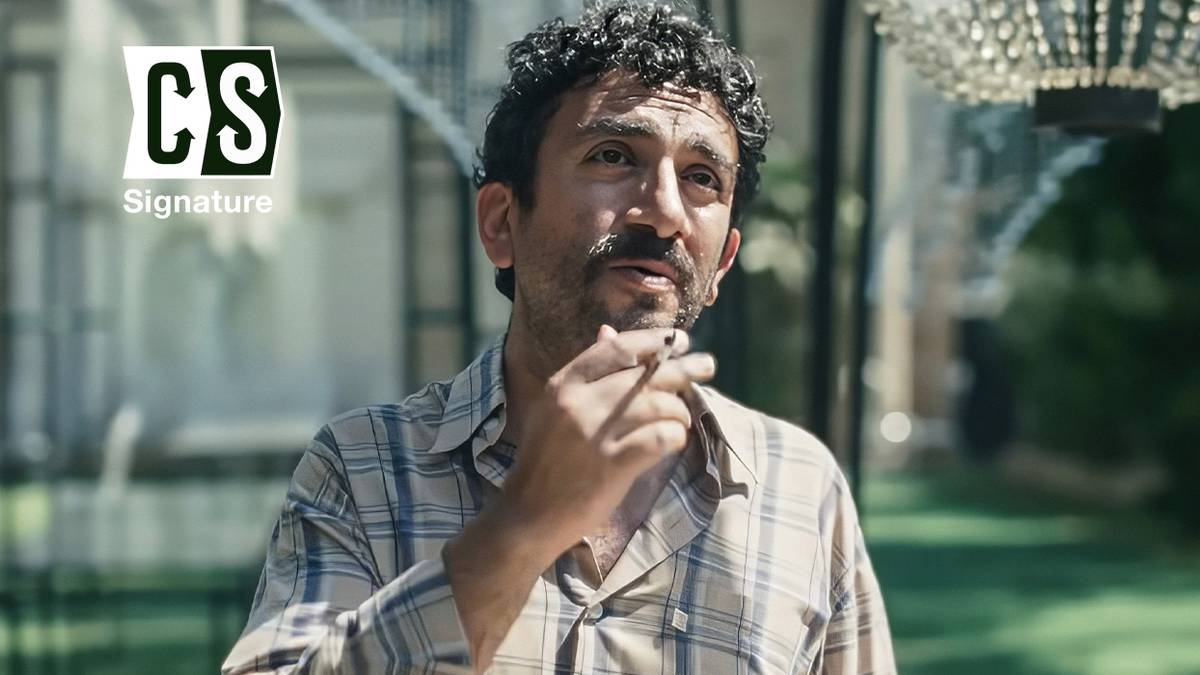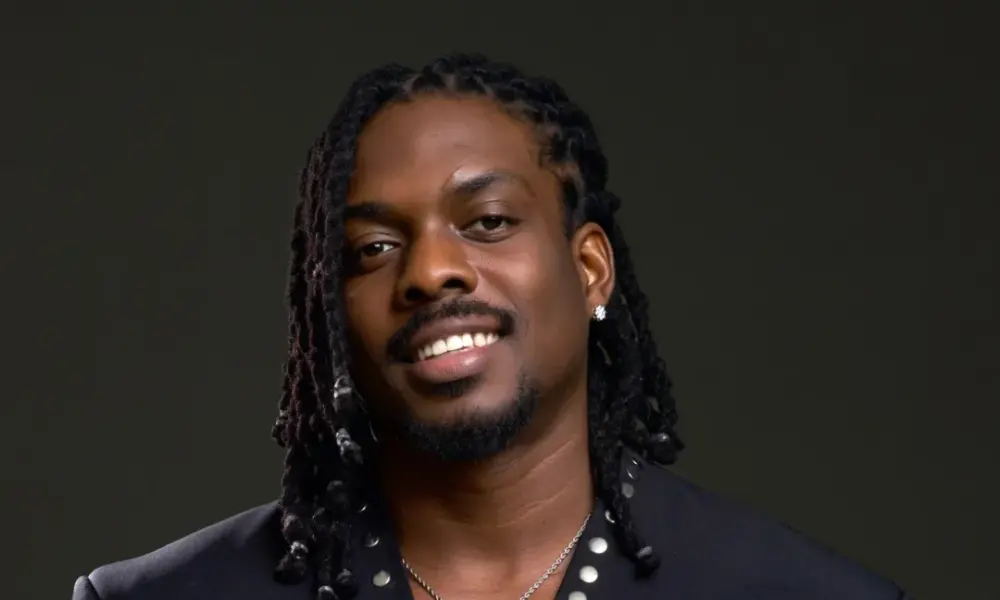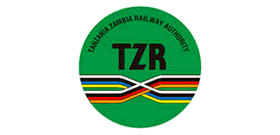Military Seizes Power in Guinea-Bissau! President Arrested Amid Gunfire and Regional Condemnation
&format=jpeg)
A military coup unfolded in Guinea-Bissau on Wednesday, November 26, as a group of officers announced they had seized control of the country and suspended the electoral process. This dramatic development occurred amidst reports that President Umaro Sissoco Embaló had been arrested, just days after the nation held its presidential election on Sunday, November 23, with results initially expected on Thursday, November 27. Gunfire erupted in the capital, Bissau, preceding the takeover.
Government sources confirmed President Embaló's detention, with the President himself declaring in a phone interview, "I have been deposed." Also reportedly arrested were his main challenger, Fernando Dias, former Prime Minister Domingos Pereira (who had supported Dias's candidacy), Interior Minister Botché Candé, Army Chief Gen. Biague Na Ntan, and his deputy, Gen. Mamadou Touré. The military officers, appearing on state television, declared their actions were intended to thwart an alleged plot by unnamed politicians, purportedly backed by a "well-known drug baron," aimed at destabilizing the country.
Under the banner of the "High Military Command for the Restoration of Order," led by General Denis N’Canha, head of the military household at the presidential palace, the coup leaders immediately closed the country's land, air, and sea borders and imposed a nighttime curfew. Checkpoints were rapidly established across Bissau, leading to deserted streets as residents fled seeking safety amid intensifying gunfire. Hundreds of foreign observers, including Jonathan, head of the West African Elders Forum (WAEF) election mission, were left stranded and unable to depart the country.
Guinea-Bissau, a nation situated between Senegal and Guinea, has a long and troubled history of political instability. Since gaining independence from Portugal in 1974, it has endured chronic military interference, experiencing at least nine coups or attempted coups in the past five decades. The country is also notorious as a major drug-trafficking hub, with its remote coastline and uninhabited islands making it a strategic transit point for cocaine from Latin America to Europe, earning it the label of a "narco-state" from the United Nations. Furthermore, Guinea-Bissau remains one of the world’s poorest nations, with a population exceeding two million.
The coup drew swift and forceful international condemnation. The African Union and ECOWAS election observation missions issued a joint statement expressing deep concern, noting that both leading candidates had pledged to respect the peaceful election results. Ghana’s government, in a strongly worded statement on November 26, condemned the military takeover as a "direct assault on democracy" and a dangerous attempt to overturn the will of the people. Ghana called for the immediate restoration of constitutional order, insisting that electoral disputes be resolved through legal channels and demanding protection for civilians and the ECOWAS Election Observation Mission. Portugal, Guinea-Bissau’s former colonial power, also urged an immediate return to constitutional rule and an avoidance of violence.
Security expert Prof Kwesi Aning expressed skepticism regarding ECOWAS's capacity to resolve the ongoing crisis, citing its past failures. Speaking on Joy FM, he warned that the coup adds to deteriorating democracy in the bloc and could lead to deepening instability across West Africa. Prof Aning attributed such military interventions to poor political management, corruption, and the struggles of citizens to access basic social amenities, questioning the usefulness of democracy under such conditions and cautioning that this might not be the last coup d'état in the region.
The presidential election itself had seen both President Embaló and Fernando Dias claiming victory before official results were announced. Embaló, 53, had hoped to become the first leader in three decades to secure a second consecutive mandate, though his legitimacy had been contested by the opposition, who maintained his term officially expired in February.
Recommended Articles
Africa's Mineral Gold Rush: A Looming Geopolitical Battle for Resources

Africa is experiencing a new, quieter scramble centered on critical minerals essential for the global green transition. ...
Border Crisis Erupts: Burkina Faso Killings Spark Alarm in Ghana

Eight Ghanaian tomato traders were killed in a brutal attack in Titao, Burkina Faso, sparking a contentious parliamentar...
Bloodbath in Burkina Faso: Ghanaian Traders Massacred, Nation Demands Justice & Security Overhaul!

Eight Ghanaian tomato traders were killed in a terrorist attack in Burkina Faso, exposing Ghana's food security vulnerab...
West African Leaders Rally in Abuja to Combat Coup Contagion

ECOWAS leaders convened their 68th Ordinary Session in Abuja, committing to defend democracy, deepen economic integratio...
West Africa on Edge: ECOWAS Declares Emergency as Burkina Faso's Hostility Towards Nigeria Escalates

Amidst regional instability and coups in West Africa, an unauthorized C-130 military plane's emergency landing in Burkin...
Tinubu Flexes Regional Might: Nigeria's Bold Move Thwarts Benin Coup

Nigeria swiftly intervened to thwart an attempted military coup in Benin Republic, a move praised by ECOWAS and some Nig...
You may also like...
Osimhen Unleashes Fury & Victory: The Galatasaray-Juventus Saga Unpacked!

Victor Osimhen's decisive goal led Galatasaray to a dramatic 7-5 aggregate victory over Juventus, securing their spot in...
Netflix Sensation 'Bridgerton' Season 4 Part 2 Sparks Debate with Bold Moves and Familiar Flaws

Bridgerton Season 4 Part 2 delves deeper into the forbidden romance of Benedict and Sophie, alongside a myriad of family...
Berlin Film Festival Rocked: Staff Rally Behind Chief Tricia Tuttle Amid Future Uncertainty

Berlin Film Festival director Tricia Tuttle faces an uncertain future as its governing body failed to decide on her cont...
Director Jafar Panahi Unveils The Secret Behind His Oscar-Nominated Film's Haunting End

Jafar Panahi's latest clandestine film, "It Was Just an Accident," explores the moral dilemmas of former political priso...
The 'Scrubs' Crew Spills Why Revival Needed a 'Resetting'

The beloved medical comedy <i>Scrubs</i> returns with a 30-minute revival, reuniting Zach Braff and Donald Faison as J.D...
Art World Cheers: Ken Nwadiogbu Crowned 2026 Young Generation Art Award Winner in Berlin

Nigerian-born, London-based artist Ken Nwadiogbu has been honored with the 2026 Young Generation Art Award, triumphing o...
Damson Idris Revs Up! British-Nigerian Actor Becomes Formula 1 Global Ambassador

British-Nigerian actor Damson Idris has been named Formula 1’s Global Brand Ambassador, a role that recognizes his deep ...
Cross-Border Rail Roars Back: TAZARA Link Between Tanzania and Zambia Resumes After Eight-Month Halt

TAZARA has resumed its cross-border passenger train services between Tanzania and Zambia after an eight-month suspension...